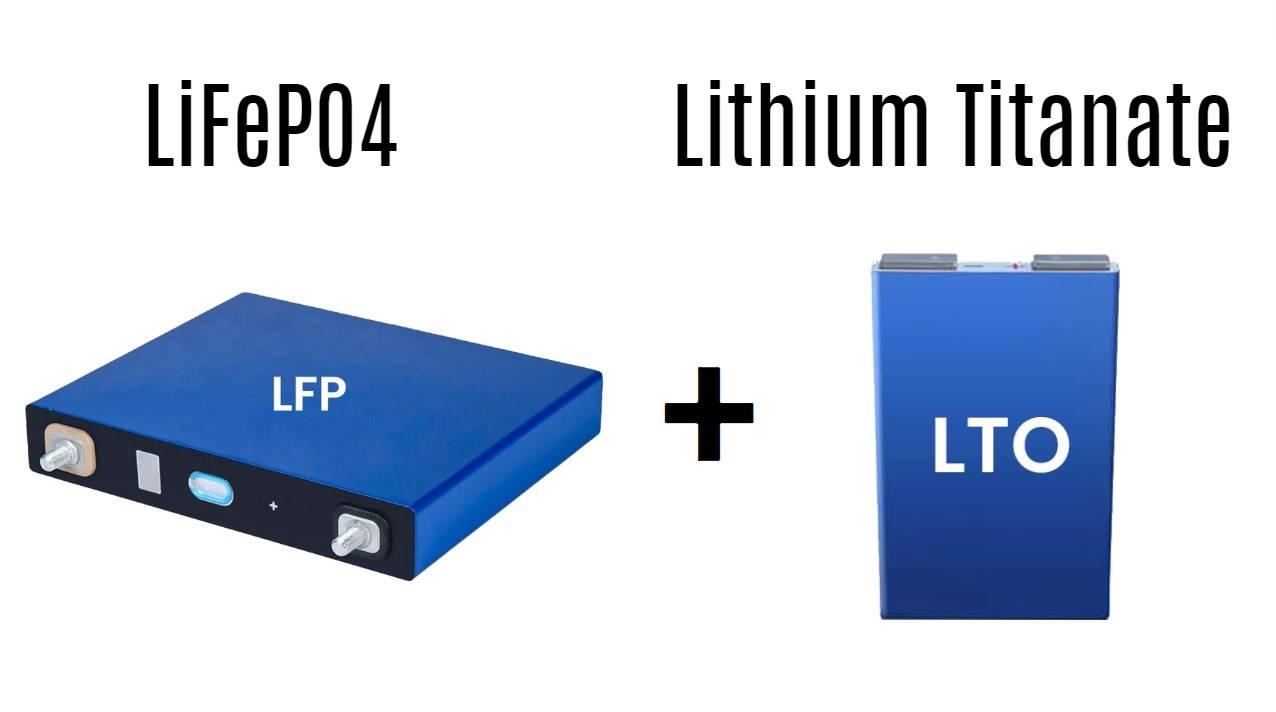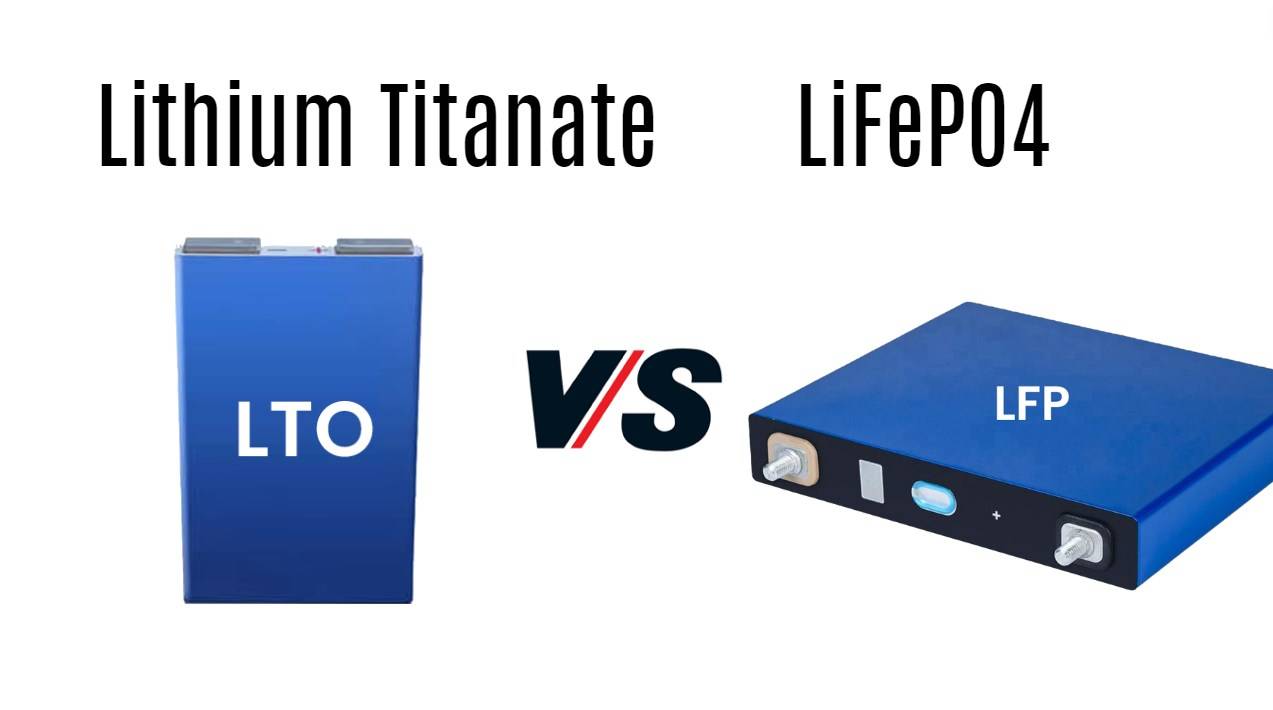Lithium Titanate (LTO) batteries and
Lithium Iron Phosphate (LiFePO4) batteries are two distinct types of lithium-ion batteries, each with unique characteristics, advantages, and applications; understanding their differences is crucial for selecting the right battery technology for various uses, including electric vehicles, renewable energy systems, and portable devices.
What Are Lithium Titanate Batteries and Their Purpose?
Lithium Titanate batteries utilize lithium titanate as their anode material, offering exceptional safety, rapid charging capabilities, and long cycle life; they are particularly well-suited for applications requiring high power output over short periods, such as electric vehicles and grid energy storage.
Chart: Key Characteristics of Lithium Titanate Batteries| Characteristic | Description |
|---|
| Nominal Voltage | Typically around 2.4V |
| Cycle Life | Can exceed 20,000 cycles |
| Charge Rate | Fast charging capability (up to 5C) |
How Do LiFePO4 and Lithium Titanate Batteries Compare in Lifespan?
In terms of lifespan,
LiFePO4 batteries generally last between
3,000 to 5,000 cycles, while
lithium titanate batteries can endure significantly more cycles—often exceeding
20,000—making them ideal for applications where longevity is critical.
Chart: Lifespan Comparison| Battery Type | Average Lifespan (Cycles) | Typical Years |
|---|
| Lead Acid | 500-1,000 | 3-5 years |
| Lithium-ion | 500-1,500 | 2-7 years |
| LiFePO4 | 3,000-5,000 | 10+ years |
| Lithium Titanate | 20,000+ | 15+ years |
What Are the Key Benefits of Each Battery Type?
The benefits of each battery type are notable:
- LiFePO4 Advantages:
- Safer than many lithium-ion variants due to thermal stability.
- Longer lifespan compared to traditional lead-acid batteries.
- Lithium Titanate Advantages:
- Extremely fast charging capabilities.
- Exceptional cycle life makes them suitable for high-demand applications.
Chart: Benefits Overview| Benefit | LiFePO4 | Lithium Titanate |
|---|
| Safety | High thermal stability | Very low risk of thermal runaway |
| Cycle Life | Up to 5,000 cycles | Over 20,000 cycles |
| Charging Speed | Moderate | Very fast (can charge in minutes) |
How Does Temperature Affect Performance in Different Battery Types?
Temperature plays a critical role in battery performance; both types operate best within specific temperature ranges:
- LiFePO4: Optimal between 15°C – 25°C (59°F – 77°F).
- Lithium Titanate: Performs well in a broader range but is particularly effective at lower temperatures.
Chart: Temperature Effects on Performance| Temperature Range | Effect on Performance |
|---|
| Below -20°C | Risk of damage |
| Optimal Range | Best performance |
| Above +40°C | Increased risk of thermal runaway |
What Maintenance Practices Improve Battery Health?
To maintain optimal health:
- Regularly check voltage levels.
- Clean terminals to prevent corrosion.
- Store batteries at recommended temperatures when not in use.
How Can You Monitor the Health of Your Battery?
Monitoring battery health involves using a multimeter to check voltage levels regularly; employing a battery management system (BMS) that provides real-time data on charge status is also beneficial.
Expert Views
“Understanding the differences between
lithium titanate and
LiFePO4 batteries is crucial for selecting the right power source for your needs,” states Dr. Emily Carter, an expert in battery technology.
FAQ Section
- What is the ideal charging range for a LiFePO4 battery?
It’s best to charge between 20% and 80% capacity to prolong battery life. - How often should I check my battery’s health?
Regular checks every few months are recommended to ensure optimal performance. - Can I use a regular lithium charger for my lithium titanate battery?
No, always use a charger specifically designed for lithium titanate technology to prevent damage.







